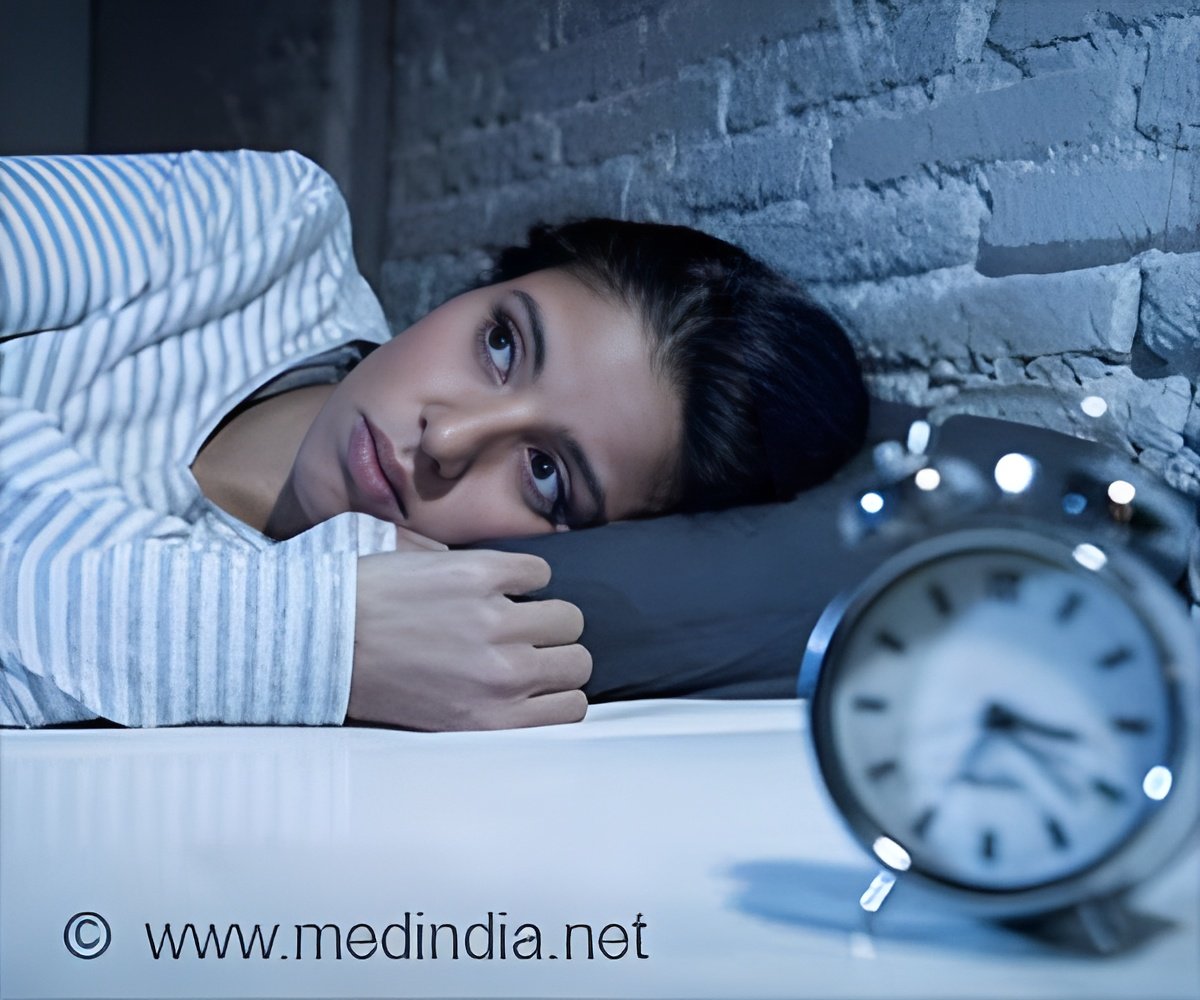Face mask can improve energy levels and vitality in people who suffer from the condition sleep apnoea, which is associated with snoring. This innovation helps us combat the complications caused by sleep apnoea.

‘The researchers also saw improvements in a number of additional factors among the patients who used the CPAP, including fatigue, depression, and social and emotional functioning.’





For the study, published in the journal The Lancet Respiratory Medicine, the researchers from Imperial College London picked over 200 patients from 11 National Health Service (NHS) sleep centres across the UK, and investigated the use of the treatment for mild cases of sleep apnoea. "We are seeing increasing cases of sleep apnoea, and in a wide range of patients. Although the condition was previously thought to mainly affect overweight men, we now know it also strikes post-menopausal women, the elderly, and even children," said study lead author Mary Morrell.
"Around 60 per cent of all cases of sleep apnoea are classed as mild, but until now we didn’t know whether a CPAP would be helpful to these patients," Morrell added.
Sleep apnoea affects over one billion adults globally, and causes the airways to become too narrow during sleep, causing people to briefly stop breathing many times throughout the night.
It can also trigger loud snoring, and cause frequent awakening from sleep, and subsequent daytime sleepiness.
Advertisement
Although previous trials have found a CPAP machine to improve symptoms of moderate to severe cases of the condition, this is the first large trial to find that mild cases of sleep apnoea can also be treated with this technology.
The research revealed those who used the CPAP machine had an improvement of 10 points on a so-called vitality scale, compared to those who received standard care.
The vitality scale assesses a range of factors such as sleep quality, energy levels and daytime sleepiness.
The researchers also saw improvements in a number of additional factors among the patients who used the CPAP, including fatigue, depression, and social and emotional functioning.
"Currently the NHS doesn’t routinely offer CPAP machines to cases of mild sleep apnoea, but our research suggests this treatment should now be considered," said study first author Julia Kelly.
--IANS
Source-IANS















